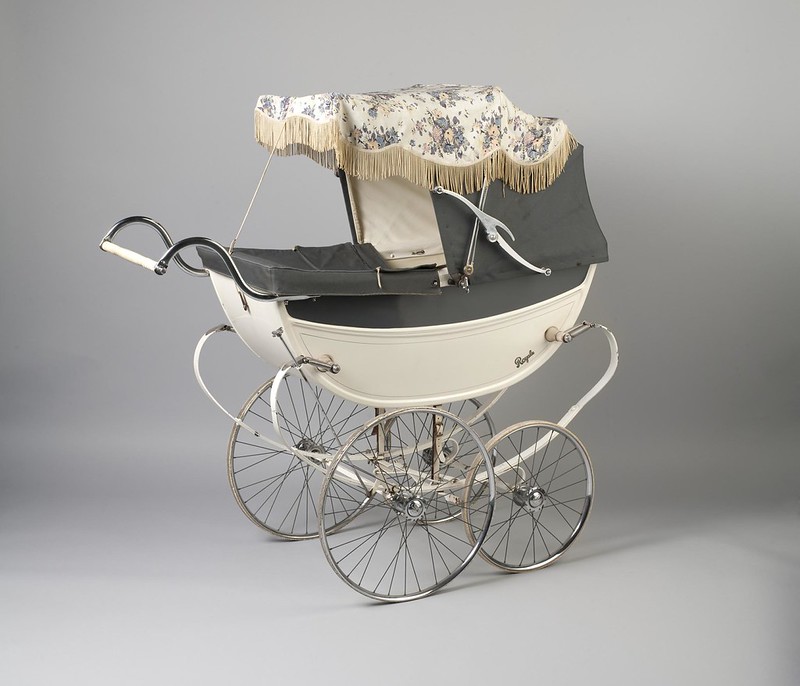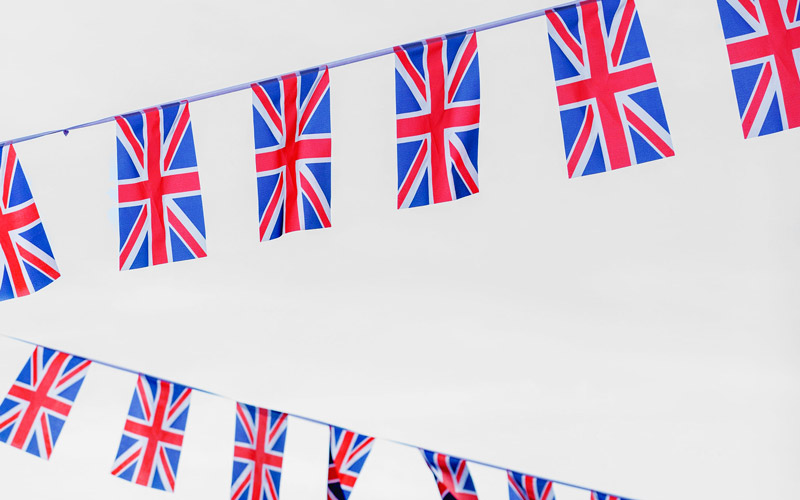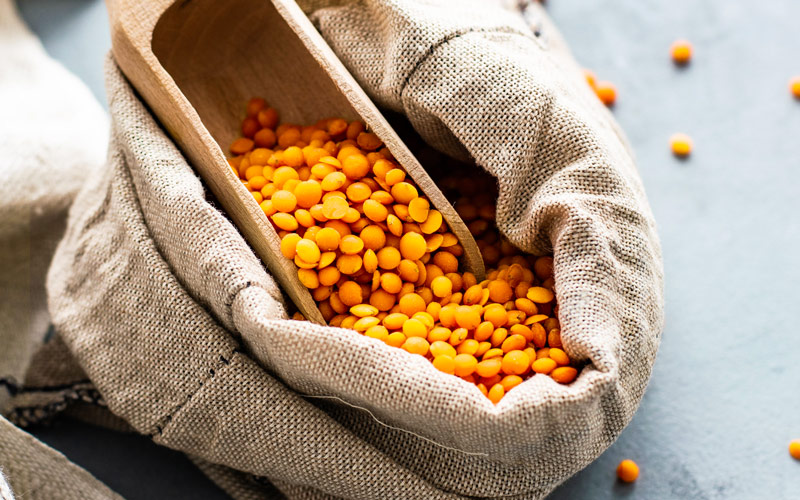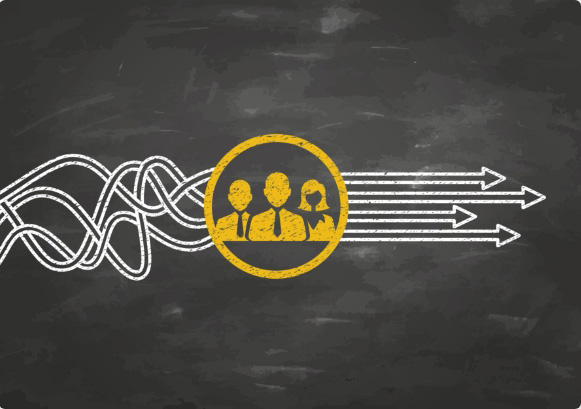What would nanny really think?

Grandma, Granny, Nan, Nanny, terms of endearment for, more often than not, wonderful people, who very frequently turn out to be the surrogate guardian of their children’s children, Are people of very responsible positions.
And so it is unfortunate that ‘nanny’ is used as a rather pejorative term for when the State decides that most of its population are totally incapable imbeciles and need cotton wool protection. Most nanny’s, in my experience, are far from such a characterisation, being grounded in the realism that comes from time with many very clear in their capability to say what is what!
Within this context, it was with interest that I noted the 2025 Christmas advertisements from Marks & Spencer (M&S) and Sainsbury’s, the former drawing upon the lovable skills of Dawn French, the latter an equally admired British icon, Roald Dahl’s Big Friendly Giant (BFG).
Whilst there is plenty of glitter and whizz bang animation in the advertisements, as usual, it occurred to me that there was very little bronzed turkey on the table, or honey glazed ham, never mind, dare one write it, a cream laden dessert. Indeed, the Sainsbury’s advertisement featured a bowl of olives, right up the street of the average Christmas lunch in Barnsley, M&S risked pate.
It would seem that advertising guidance established by the health police means that the British cannot be exposed to a juicy bit of turkey or a nice succulent gammon. As for a bit of brandy sauce and Christmas pudding, well that is deemed a fate worse than death. All this is rather unfortunate and likely to lead to some sort of back lash from British grown ups in the media and the like, whilst most nanny’s will consider such policy and their makers somewhere between pillocks and twats.
It does make one wonder what the Permanent Secretary at DEFRA will be eating on Christmas Day, 2025 or maybe the Director General of Policy? No doubt a well done nut roast washed down with some kefir, following by grapefruit. Hmm. One wonders if do as I say, not do as I do will be the reality.
Such policy is gesture politics of the worst sort as the vast majority of Britons will do as they wish, which is to have a good blow out around a fabulous centre piece meat, roasties, tasty gravy, cream laden desserts and lashings of wine, starting with bubbles, maybe a glass of white with the starters, a good dunk of red, and possibly even a cheeky dessert wine with some blue cheese.
The serious points here are first the misallocation of policy energy and effort, there is a serious issue around obesity in the UK but it will not be conquered by stupid rules around marketing Christmas lunch. Serious food policy needs a joined up approach, which the British Government only manages in crisis, albeit some would justifiably argue of an obesity crisis. Coordination is not the order of the day in Whitehall over the self-centred self service, rather than a civil service.
Indeed, it brings me back to an old chestnut, also eligible for Christmas time, of the need for a Minister of the Food System to be in place, which in the case of health & well-being works with the health department, amongst others, to demonstrably improve the nation’s eating habits. All age groups needs to eat better, too often it is reduced to let’s teach the next generation better, which requires a wholesale change in government noise and effort around, for example, eating more fruit, salad & vegetables. In this respect, diet and health policy cannot be reduced to single issue zealots, that are, for example anti-meat.
More to the point, a joined up food policy could work to ensure that self-sufficiency in such product areas is enhanced, because it is not about food affordability here; the vast majority of people in the UK have the funds to eat healthily, as those over focusing upon food poverty and food banks are perhaps missing key points. Indeed, the UK food system needs to be profitable to basically comply with copious Government regulations, never mind invest in innovation, efficiency and marketing. Racing to the bottom from a food pricing perspective is not a policy that will make the UK more food secure, far from it. It should also be stated that fresh produce is not expensive in the UK compared to say a pint of beer, a cup of coffee, drugs, tobacco or fast food.
In addition to consumption from retail outlets, it is also important to address the virtues and vices of the take-away channel and link that to which income groups are most exposed to and so utilise fast food, which from an affordability perspective, can be problematic if a major component of a diet. To some, such an intervention would be bad nanny involvement at its worst but this shows the fact that we cannot have honest and open policy conversations these days as some objectionable civil servant will take the hump and claim some legal basis for doing so. Obesity, however, is much more prevalent amongst lower income groups and addressing that reality is an uncomfortable truth for too many policy makers that dance around the handbags. All this is ahead of the mass market arrival of glucagon-like peptide drugs.
So, rather than prohibiting the advertisement of a roast turkey, maybe the UK Government, embodying its often useless DEFRA, can do some proper good rather than shallow stuff, that gives nanny a bad name. Nanny is likely to be much more forthright in her language on this subject, in many cases, than me.
Dr Clive Black
Senior Advisor
Coriolis Consulting
November 2025








